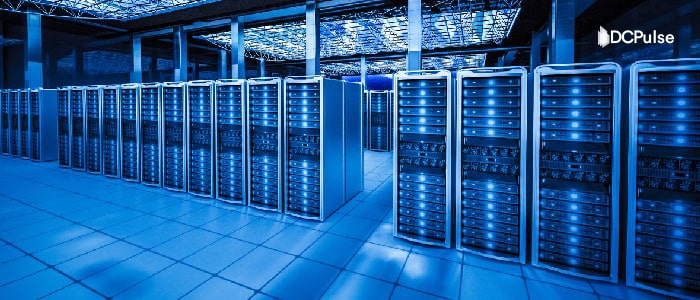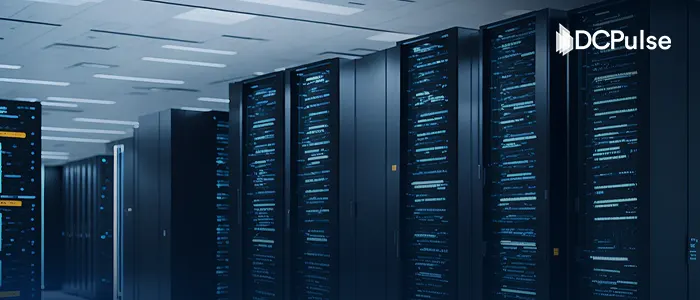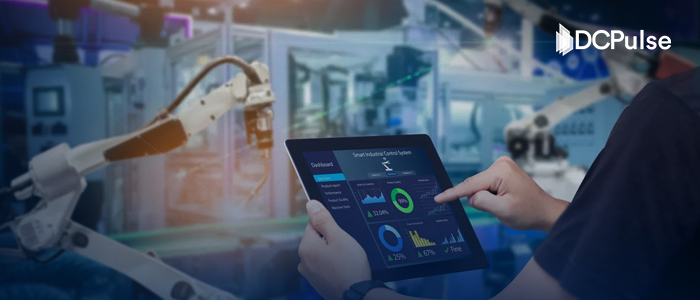Cloud computing, artificial intelligence, 5G, the Internet of Things, and edge computing are all contributing to the increase in demand for data center hardware. Modern servers, GPUs, and networking hardware are necessary to handle the growing processing and storage demands of these technologies. The availability and pricing of essential hardware components have been significantly impacted by global supply chain disruptions, which have been made worse after the COVID-19 pandemic and geopolitical tensions like the war in Ukraine.
Rising Costs and Market Imbalance
Servers, cooling systems, networking equipment, GPUs, and semiconductors have all seen significant price rises as a result of these interruptions. Production and shipment delays have caused corporations and hyperscalers to prolong their project schedules. The competitive difference in the market is growing as smaller data center developers deal with more severe supply shortages and sharper price increases, while larger firms like Nvidia, Intel, and Dell lessen some of the difficulties through long-term contracts and bulk orders.
Manufacturers have been compelled to reconsider their supply chain strategies due to the worldwide chip shortage and growing geopolitical threats. Through programs like the US CHIPS and Science Act and India's semiconductor mission, governments around the world are encouraging local semiconductor production, which is drawing in foreign investors like Foxconn and Micron.
Companies are also moving toward modular and composable data center hardware infrastructure in response to the difficulties. Businesses can increase individual components, networking, storage, or computation, independently with this method, increasing flexibility, decreasing reliance on suppliers, and simplifying maintenance and updates.
Innovation and Resilience
Big tech companies like Google and Amazon are also creating unique silicon chips, such as Graviton processors and Tensor Processing Units (TPUs). In addition to improving performance and decreasing dependency on other chipmakers, these customized chips also optimize AI workloads and provide improved cost control.
Businesses are incorporating AI/ML-driven predictive analytics into supply chain management to better manage supply chain uncertainty. By predicting possible disruptions, these techniques enable proactive purchase, redirected logistics, and strategic essential component stockpiling.
Because of continuous supply chain restrictions, data center hardware price is predicted to remain unstable. But the sector is rapidly changing, concentrating on creating supply chains that are strong, varied, and sustainable. In order to keep the data center hardware business strong and ready to service the growing digital economy, these changes have encouraged innovation in hardware design, production, and material procurement.





